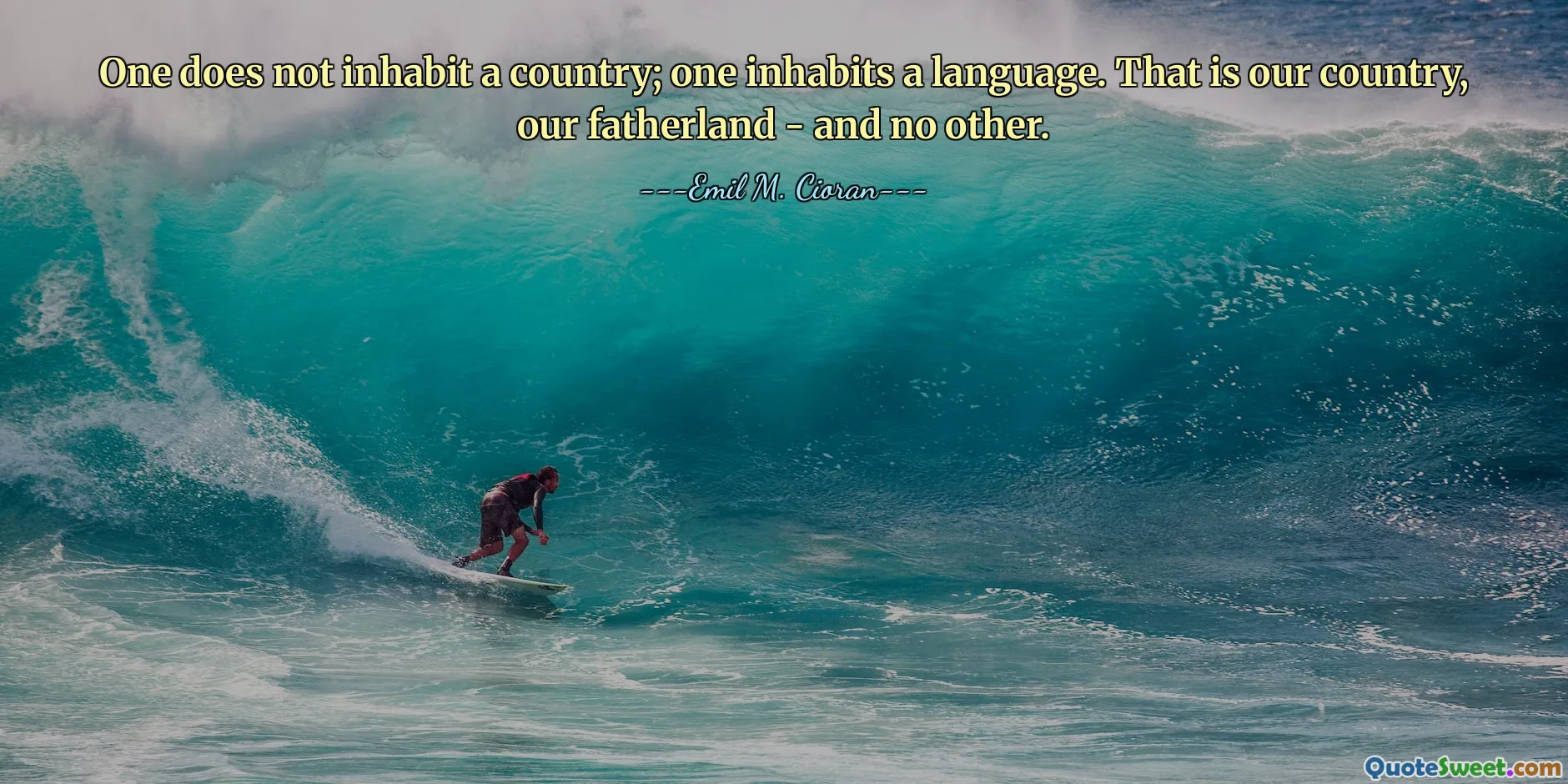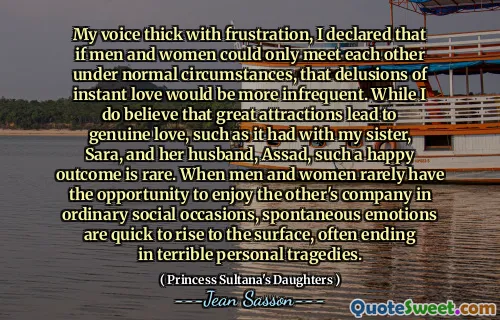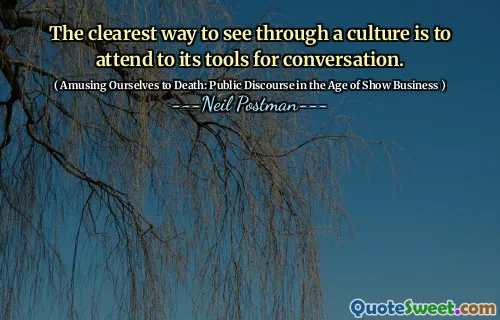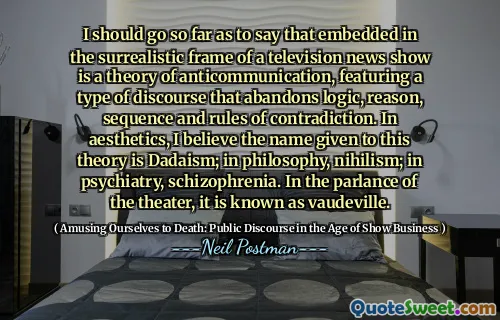
One does not inhabit a country; one inhabits a language. That is our country, our fatherland - and no other.
This quote by Emil M. Cioran encapsulates the profound relationship between language and identity, emphasizing that our true homeland is not a geographic territory but the language we speak. Language, in this context, is more than a mere tool of communication; it is the fabric that weaves together our thoughts, culture, memories, and the very essence of our being. When Cioran asserts that "one inhabits a language," he suggests that our cultural and emotional roots are inherently tied to the language through which we express ourselves and perceive the world.
Consider the experience of multilingual individuals or immigrants who, despite residing in a different country, may feel a disconnection from their physical surroundings because their emotional core remains intertwined with their mother tongue. Language carries with it the history, values, and nuances that define a community. It shapes our worldview and influences how we interpret reality. This perspective challenges conventional notions of nationalism or patriotism, which often fixate on physical borders.
Moreover, the phrase "our country, our fatherland - and no other" evokes a sentimental allegiance to language as a source of identity and belonging. It reveals that true kinship is found in the shared expressions and ideas embedded in a language rather than in shared citizenship or geography alone. This can be both comforting and melancholic: comforting because it highlights an internal, portable repository of selfhood that transcends displacement, but melancholic because it subtly underscores the rootlessness or alienation one might experience when removed from their linguistic community.
In a globalized world, where borders are increasingly permeable and cultural exchanges abound, language remains a steadfast marker of individuality and collective memory. Cioran’s observation invites reflection on how language preservation becomes vital not only culturally but existentially. When a language dies or is suppressed, the unique perspectives and histories it holds risk vanishing, and with it, a piece of what forms people's identities.
Ultimately, this quote encourages a deeper appreciation for language as the true homeland of the mind and soul, a place that defines “us” beyond physical geography. It invites us to recognize that the bond we share with our language is as significant, if not more so, than the ties to any nation or territory.










